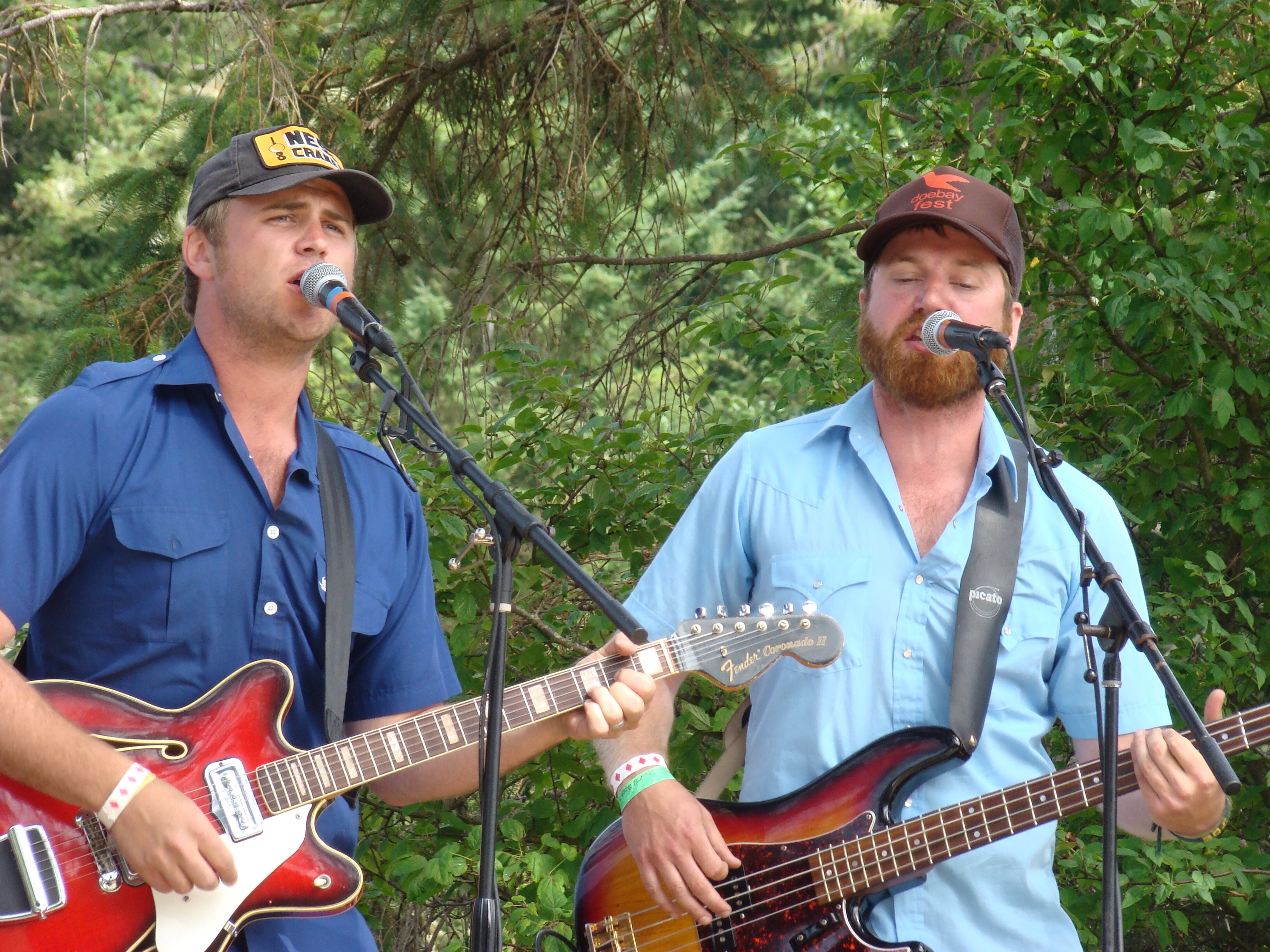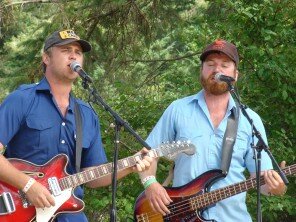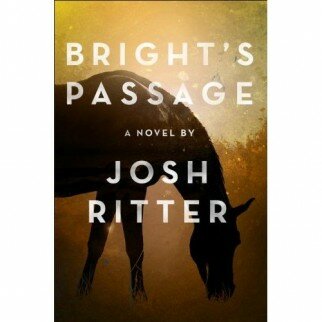It’s totally apropos that I first listened to A New Kind of Man, the latest solo release from Bill Patton, walking alone at night through downtown Seattle. The record possesses a slow-smoldering nocturnal vibe–the perfect soundtrack for night owls shambling home under rain-pelted streetlights.
Most of the 11 songs on A New Kind of Man move at a down-tempo shuffle, and Patton’s voice–a smoky, weary croon that cracks at the drop of a wool cap– reinforces that flavor of nighttime, almost without trying. Sonically, the music cross-pollinates Nick Drake’s dark folk with hints of country troubadour Gram Parsons at his most downcast.
The influences make sense: Patton’s built a considerable rep for himself as a pedal steel, lap steel, and standard acoustic/electric guitar player for Fleet Foxes, Jesse Sykes and the Sweet Hereafter, J. Tillman, and other artists plying similar roots. Tillman (AKA Father John Misty) even sings backing vocals on a song or two. But while there’s a superficial resemblance to Tillman’s pre-Father John Misty material, beneath the surface of Bill Patton’s work dwells a unique, more complicated animal.
For one thing, Patton’s second full-length (the first, Gets it On, came out back in 2006) fairly wallows in atmosphere. The production seasons country and folk trappings with moans and squalls of treated guitar, and almost subliminal keyboard textures whirr beneath the slow tempos, lending a dreamlike quality throughout. Patton also sports a sense of humor forsaken by most alt-folk/Americana musicians, from his portrait on the sleeve (it took me several seconds to catch how goofy the damned thing was) to a wry re-imagining of J-Lo’s “Jenny from the Block” as a Tom Waits-style jazz shuffle.
Patton also knows to ease off on the arch wit when it’s necessary. His cover of The Beatles‘ “I Wanna Hold Your Hand” converts the exultant ardor of the original to a waltz-time dirge: His reading of the familiar lyric, “It’s such a feeling, my love, I can’t hide,” sounds like an opium addict giving into waves of narcosis.
It’s a testament to Patton’s songwriting that his originals stand admirably alongside the covers, and that they do so much to maintain the atmosphere. “Worrying” and “If I Had a Home” are sandy, winning country-rock songs (the former adding a sweet lilt in contrast to the latter’s weariness), and he subtly tweaks his sonic palate with a loping bass line and gentle psychedelic touches on “Om.” The album’s masterstroke for my money, though, is “I Don’t Blame You.” Patton’s rasp, filtered until it almost sounds serpentine, dives headlong into the darkness, with guitars that shift from pensive trebly echoes into crushing monster chords. Sometimes, Patton seems to be saying, you just have to stand in the dark and let the rain fall on you, no matter how hard it’s coming down.


